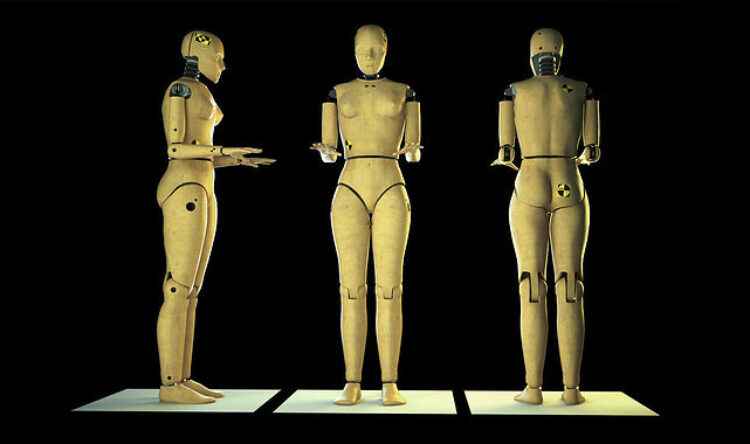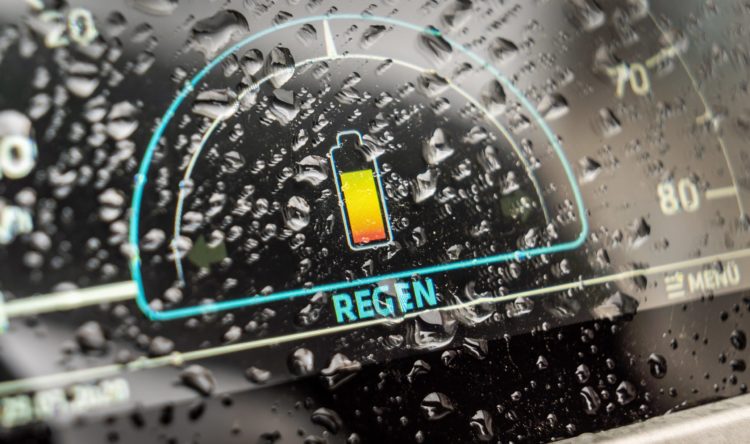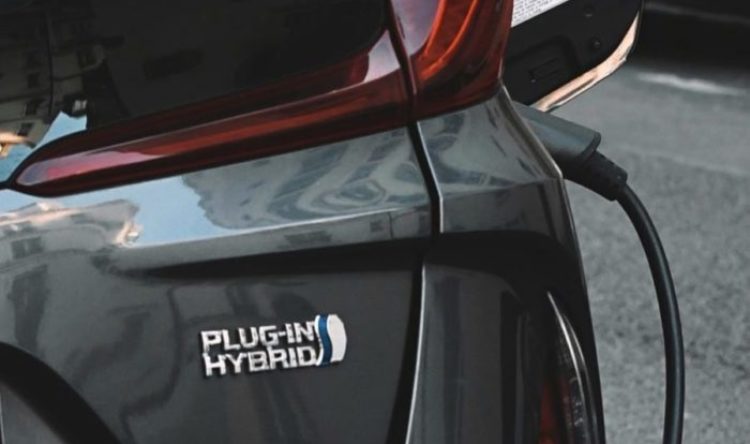Brexit short circuits
Car manufacturing under threat because of a lack of domestically sourced EV batteries
Car manufacturing group Stellantis is urging the Government to re-negotiate Brexit rules.
The owner of 16 vehicle brands including Vauxhall, Peugeot, Citroen and Fiat said: “If the cost of EV manufacturing in the UK becomes uncompetitive and unsustainable, operations will close.”
Changes need to be made in order for the business to commit to UK electric vehicle production.
Other manufacturers and the huge parts supply industry is also calling for immediate changes.
Falling flat
In 2021, Stellantis announced it was investing £100 million in Vauxhall’s Ellesmere Port manufacturing plant to create a new electric vehicle (EV) factory.
The plant produces commercial and passenger versions of the Vauxhall and Opel Combo-e, Citroen e-Berlingo and Peugeot e-Partner.
In a submission to a Commons inquiry into EV production, Stellantis outlined that its UK investments were centred on meeting the strict terms of the post-Brexit free trade deal.
Until January 1, 2024, the rules stipulate that at least 40% of the content of EVs and 30% of batteries must originate from the EU or the UK.
From 2024 until January 1, 2027, this increases to 45% of the vehicle and 50-60% of batteries. If this is exceeded, carmakers will have to pay a tariff of 10%.
Breaking down
Stellantis said it was “now unable to meet these rules of origin” as a result of the surge in raw materials costs and energy prices.
As a result, the car maker is calling for the Government to reach a new agreement with the EU to keep the current rules as they are until 2027.
While Prime Minister Boris Johnson stated headlining support for EV battery production in the UK, little has been achieved. On factory, Britvolt, filed for bankruptcy earlier this year without the factory being built.
It means that car manufacturers have no UK supply of the batteries, crucial for EV manufacturer success.
Cross country support
Jaguar LandRover (JLR) have joined calls and criticism of government policies. Brexit is cited as causing a huge problem, and seeming lack of industrial plan could see car manufacturing in the UK disappear.
The current Brexit deal is “unrealistic and counterproductive” for electric vehicle manufacturing, warns the group.
JLR stated to The Independent: “We echo the call for the UK and EU to quickly agree a better implementation to avoid destabilising the industry’s transition to clean mobility.”
The remarks add pressure on the government over the Brexit agreement and ‘rules of origin’.
Short circuiting
Car manufacturing remains one of the country’s highest value industries. It employs 182,000 people in the UK, con tributing £67bn. year in turnover to the economy. The lack of domestic production of EV batteries could seriously undermine the whole industry.
Europe and the US have both invested heavily in new tech manufacturing, including gigafactories. There are around 300 gigafactories being built worldwide, 40 of them in Europe. Unfortunately, none are being built in the UK.
The issue was obvious from before Brexit took place. Despite this there appears to have been little planning or real strategic thinking by the government according to the industry. Commentators state that the UK has already missed the boat when it comes to landing security for UK production in EVs. If we started building gigafactories today, we may be in a fighting position by 2030 at the earliest.
Unfortunately, this could be too late without changes to the Brexit trade agreement. Even then, the concern is that we may have already lost too much ground to be able to catch up.






